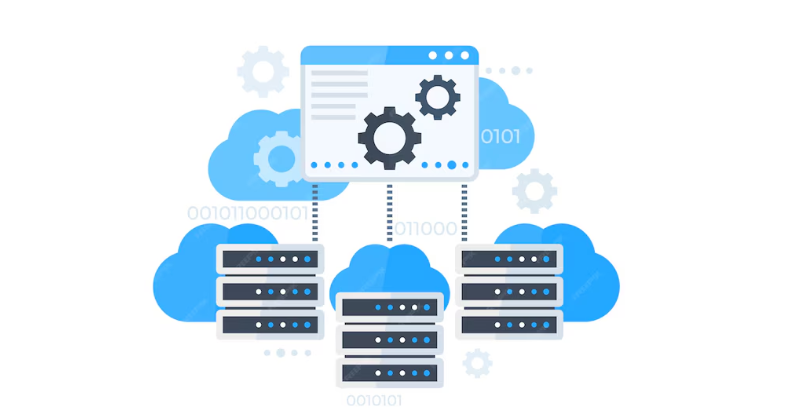What are the benefits of modular software design? Any software is made up of numerous systems, each of which has several subsystems, each of which has its own subsystems. Therefore, it is a laborious task to build an entire system in one sitting that includes all necessary functions, and due to its enormous scale, the process may contain numerous mistakes.
The development team therefore divided the entire software into different sections in order to address this issue. A module is characterized as the distinct and addressable parts of the software that may be fixed and altered on their own without interfering with (or having a negligible impact on) other software modules. Modularity should therefore be incorporated into all software designs.
Modularization is the process of dividing a software program into several discrete, independently produced components.
What Are The Advantages Of Modular Software Design?
The division of the software’s functionality into atomic levels allows developers to understand exactly what each function needs, which simplifies and eliminates errors in software design. Have a look to what are the benefits of modular software design.
Because each module is independent, there is little to no dependence between them. As a result, this technique permits changing a module without affecting the system as a whole.
By disregarding error propagation from one module to another and farther throughout the system, it saves time during testing and debugging.
There are two criteria cohesion and coupling can be used to gauge how independent a software system’s modules are from one another. Here’s an explanation of these.
Cohesion: The degree to which different functions within a module are related to one another is measured by cohesiveness.
Coupling: The strength of the connections between different software modules is gauged by coupling.
The Benefits of Programming and Modular Software
The process of dividing a computer program into separate sub-programs is known as modular programming. When combined with other parts of a system, a module is a standalone component that can be used for a variety of purposes.
While distinct functions are developed as distinct chunks of code that can be reused with other applications, identical functions are grouped together using the same programming language.
Comparing modular programming and software to other approaches reveals numerous benefits.
Development Can Be Divided
By dividing a program into smaller programs that can perform a range of functions, modular programming enables development to be separated. This reduces the amount of time needed for development and allows developers to work concurrently.
Readable Programs
Because modular programming can be enabled as user-defined functions, it aids in the development of programs that are much easier to read. While a program with several functions is easier to follow, one without any functions is far more difficult.
Programming Errors are Easy to Detect
Modular programming reduces the possibility of programming errors and facilitates the detection of any that may occur. This is due to the fact that faults can be traced back to a particular function or subprogram.
Allows Re-Use of Codes
The ability of a software module to be reused in another program reduces the creation of unnecessary code. Additionally, reusing a module is more practical than creating a program from scratch. Additionally, relatively little code needs to be developed.
Improves Manageability
It is easier to administer a program when it is divided into smaller sub-programs. It is simpler to test, implement, and create the individual modules. The entire software can then be developed using these separate modules.
In Conclusion
Programmers can cooperate and work on the same application while using modular programming. Because tiny teams can concentrate on different sections of the same code, program design also becomes easier. You can also share your opinion through the comment section about what are the benefits of modular software design.





